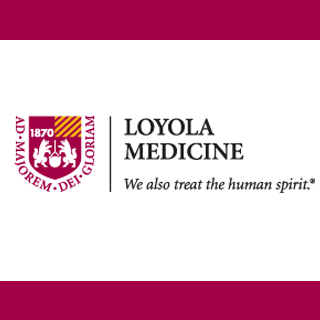
The study discovered that supposedly physicians’ bedside exams performed better as opposed to CT scans in envisaging which patients ought to revisit the operating room again to treat complications like bleeding.
The authors commented, “The low cost, simple, but elegant neurological exam appears to be superior to a routine CT scan in determining return to the operating room.â€
Patients are usually given CT scans after open brain surgery to eliminate tumors, mend aneurysms, treat brain injuries and more. But these practices differ. A few surgeons are said to arrange for CT scans immediately following surgery. The remaining surgeons apparently wait until the next morning.
The authors also mentioned that the CT scans includes numerous personnel of varying skills and nursing staff who are taken away from their other unit responsibilities. These scans also frequently hinder with work flow efficiencies of the radiology department.
The main author of the study is Dr. Ahmad Khaldi, chief resident in the Department of Neurological Surgery at Loyola University Chicago Stritch School of Medicine. The senior author is Dr. Thomas Origitano, chairman of the Department of Neurological Surgery.
Around 251 patients who were given CT scans in 24 hours of surgery at Loyola were analyzed by the study authors. They comprised of roughly 133 patients who were given regular scans in seven hours of surgery and about 108 patients were given routine scans between 8 and 24 hours following surgery. None of the routine scans supposedly envisaged which patients could need to revisit the operating room.
Doctors apparently gave bedside neurological tests to patients. In around 10 cases, physicians are said to have diagnosed grave issues like slow to wake up, that needed an immediate CT scan. It was supposedly observed that around three of these urgent scans supposedly established that the patients’ issues were grave enough to revisit to the operating room.
A standard CT scan given immediately post surgery could provide the doctor with a false sense of security. It was noted that out of the 14 patients in the study whose condition deteriorated, around 13 had had taken CT scans in four hours of surgery that exhibited the condition to be normal or displayed only slight issues.
The study was published in the Journal of Neurosurgery.
